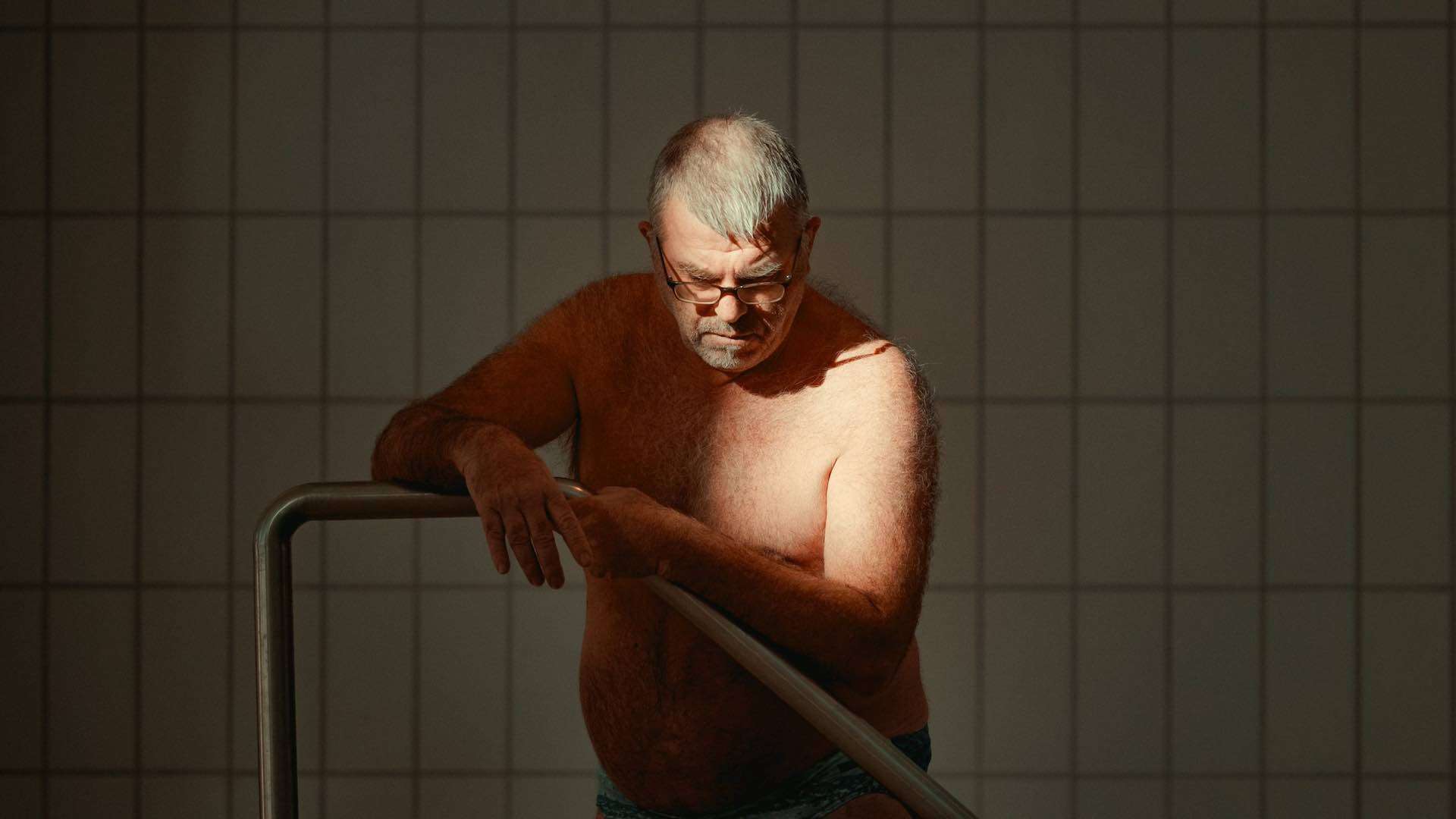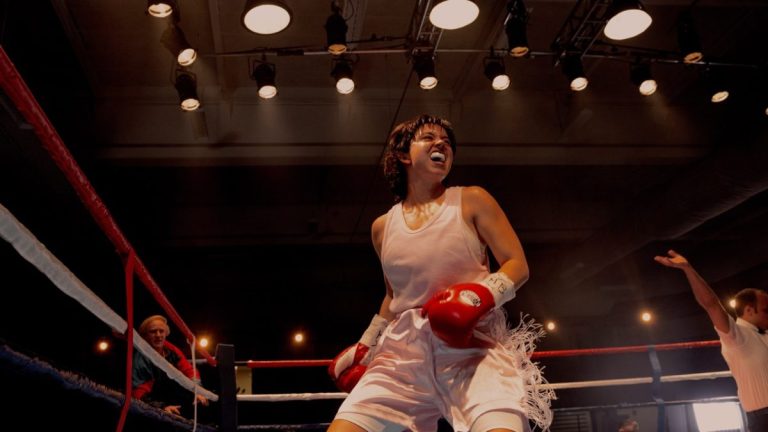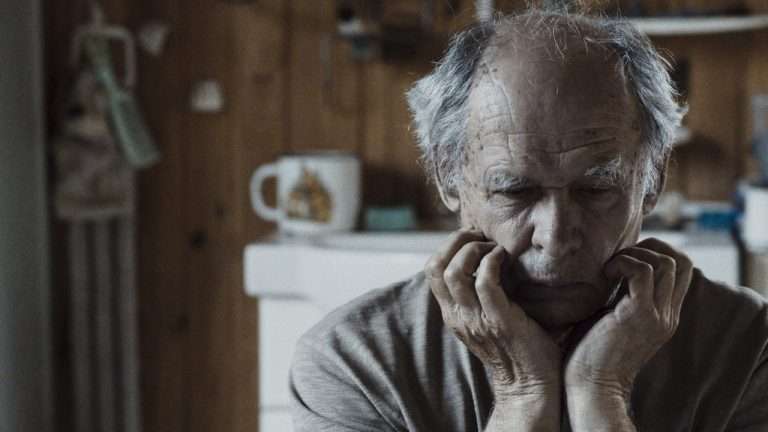Queerness is conventionally linked to youthfulness. Precisely put, it’s that operative lens with which queer bodies are viewed. De-linking comes with a lot of wear and tear. It’s not reflected as dignifying when old people talk about their bodies with openness and honesty. Seniority becomes associated with toothless, asexualized connotations. Alexis Taillant’s “If I Die, It’ll Be Of Joy” reanimates the critical need to view and engage with age as inclusive of sexual joy and discovery.
What about older queer bodies? What is their right to pleasure? This is the central preoccupation of the film. It’s like a doubly marginalized, deliberately unacknowledged existence. Sexuality and its expression, anyway, provoke nervousness, a giddying uncertainty regarding how it can be best handled. Older bodies, even heterosexual, are seen as unglamorous, uncool entities. Age adds a blinker to desirability. Bodies become perceived as something not to discuss and tuck out of view. Either it’s elided out of awkwardness or acute discomfort.
Once one crosses an age bracket, it’s as if one loses every claim to an intimate, sexual life. Taillant strongly underlines the imperative to own up to sexual pleasure, irrespective of aging. Bodies don’t just float away into refuse and get jettisoned once wrinkles crease the skin. It’s a bid for an undimmed sexual energy, uncompromising and fiercely articulate. To deny it is to shuffle away generations into a space where they don’t feel at home. Accepting and speaking about it without shame or hesitation is to undo conditioning inculcated and forced upon oneself—the film rallies against this by interweaving the perspectives of three people.
There’s the indefatigably cool 81-year-old Micheline, who doesn’t think twice before voicing her sexual fantasies. The realization of her bursting with sexual desire is unapologetic and dominates the frame whenever she speaks. She brims with life and vivacity. She admits to being scared of old age and hating it but insists on living with zest for at least a couple more years. That’s all she seeks. She’s the most joyous aspect of the film; her unbridled sexual curiosity and verve are glorious, and she is not at all reluctant to assert herself.

She rants about the necessity to institute a private booth in nursing homes where old people can sexually pleasure themselves. Her ferocious drive matches that of and strikes the fancy of the 70-year-old Grey Pride activist Francis. Once a vibrant drag performer in his youth, he talks of how he endured the loss of the AIDs era and started investing all his efforts in activism. He spreads the gospel of Grey Pride far and wide, not paying any heed to those who gently suggest his efforts are futile. “It’s like you’re fighting against a sea,” someone tells him.
The other face of the film is Yves, who plans to make a short film about old folks with them in it. He wants to depict their bodies with tenderness. There are few takers. He is met with considerable balking, but he persists. As the film spins between the three, it achieves a coruscating, sublime touch. The frankness of discourse never stretches into the pedantic. All three individuals exude passion and sparkling inquisitiveness.
They radiate a vigor that many dismiss as non-existent due to old age. However, Micheline steals the thunder from the other two. Her persona, wit, humor, and sheer openness of being are so cheeky and electrifying that it’s impossible to eclipse the impact she leaves. Overall, “If I Die, It’ll Be Of Joy” is an absolutely wonderful, warm, and impassioned film that charms and impels throughout.




![The Woman Who Ran [2020] Review – Hong Sang-soo’s Typically Subtle and Playfully Knotty Drama](https://79468c92.delivery.rocketcdn.me/wp-content/uploads/2021/01/The-Woman-Who-Ran-2020-768x397.jpg)
![The Daughter [2022] ‘MAMI’ Review: A Chilling, Powerful Portrait of Death and Closure in Modern Socio-political landscape](https://79468c92.delivery.rocketcdn.me/wp-content/uploads/2022/03/The-Daughter-3-768x324.png)

![The Courtroom [2022] Tribeca Review: Captivating Courtroom Drama Gets Elevated with Good Acting & Writing](https://79468c92.delivery.rocketcdn.me/wp-content/uploads/2022/06/The-Courtroom-2022-Tribeca-768x432.jpg)
